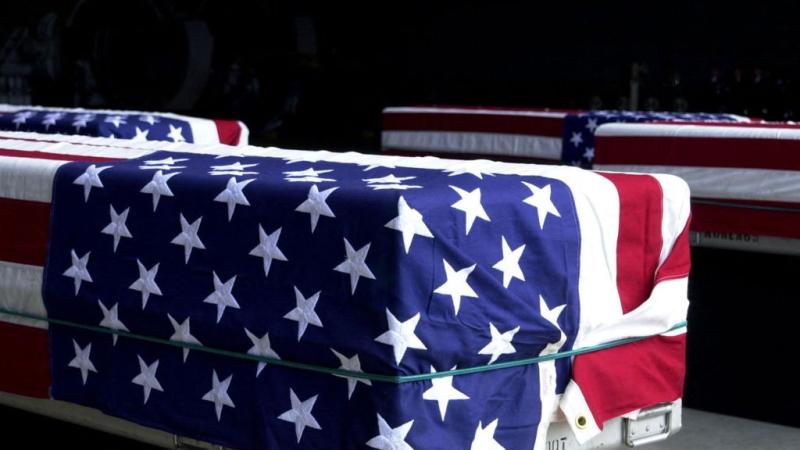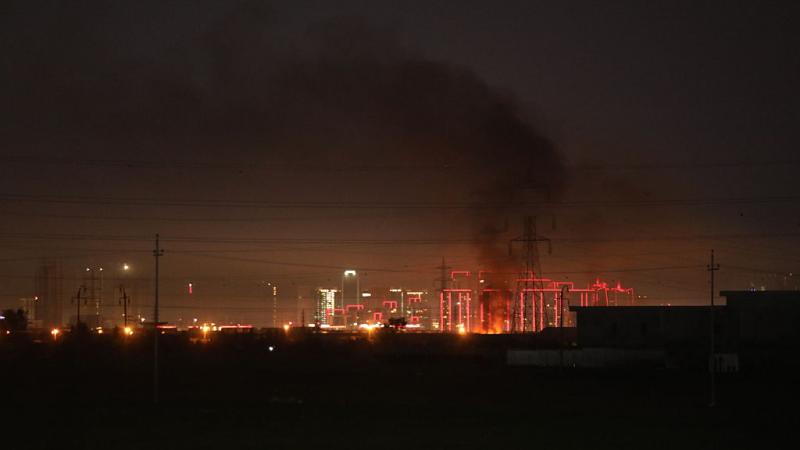White House partners with Kodak to end reliance on Chinese drugs - photo maker to manufacture pharma
Trump administration is brokering a $765 million loan to Kodak under the Defense Production Act to boost the domestic manufacturing of drugs in hopes of breaking foreign reliance
The Trump administration is brokering a $765 million loan to Kodak for the U.S. film giant to begin manufacturing pharmaceutical drugs, in hopes of breaking foreign supply chain reliance, the White House said Tuesday.
Under the deal, Kodak is creating a new manufacturing line called Kodak Pharmaceuticals with the aim of shifting offshore prescription drug production back to the United States. The loan, administered by the U.S. International Development Finance Corporation (DFC) under the Defense Production Act, is meant to reduce what the White House called "our dangerous reliance on foreign drug manufacturing."
On Tuesday, the White House noted that the administration has invoked the Defense Production Act more than 30 times to boost U.S. supplies needed to confront the coronavirus pandemic, including the manufacturing of ventilators, personal protective equipment, testing supplies, pharmaceutical products and more.
President Trump made bringing manufacturing back to America a central goal of his 2016 campaign and subsequent presidency.
"It's a big deal," Trump said during a White House coronavirus task force briefing. "It's a great deal for New York and a great deal for Kodak."
The White House told reporters Tuesday that 90% of the main ingredients of the most common pharmaceuticals taken each day in the United States are manufactured abroad.
"And so what this administration recognized is that if we are going to be safe going forward, that was unacceptable," Adam Boehler, CEO of the DFC, told reporters.
Boehler said that two months ago, amid the COVID-19 pandemic, which exposed U.S. reliance on Chinese drugmakers, the White House tasked his agency and the Defense Department to "re-shore critical industries that are important for Americans' safety going forward, and this is the first deal coming out of it."
The White House said that if the Kodak Pharmaceuticals plan proceeds on time, it expects within four to five years that 25% of pharmaceutical drug components could be manufactured at the Kodak headquarters in Rochester, N.Y.
White House trade adviser Peter Navarro said he expects the Kodak Pharmaceuticals project to add 350 new direct jobs to the company, along with "thousands of jobs" due to the "multiplier effect" of new demand within the local community of upstate New York.
That region has been decimated by Rust Belt trends, and even though New York Gov. Andrew Cuomo has been reluctant to reopen his state in the wake of the coronavirus pandemic, he has been a willing player in the Kodak bid.
"He couldn’t have been more happy to hear about it," Navarro told Just the News. "He assured me of two things, and I asked for neither. He indicated that the state of New York would do everything it could to streamline any regulatory barriers we might have to moving the project through, which is critical. But he also offered to provide additional assistance from the state of New York to make this a viable project. This is literally the industrial renaissance of the great state of New York, particularly the northwest portion of the state, which has been absolutely decimated by foreign competition."
Boehler said that Cuomo was "ecstatic" about the initiative.
"So the governor already brought up to us other areas within personal protective equipment, PPE, that he has interest in, in terms of investments in upstate New York, to revitalize it," he said. "Which we'll look at, just like we'll look at things in other states. One of the things I'm excited about here is it sets kind of a model for a federal-state partnership, investing together going forward also."














